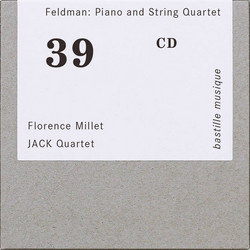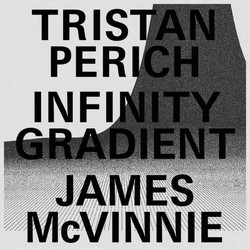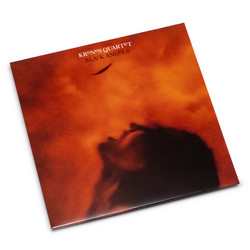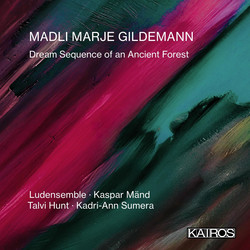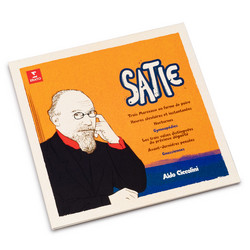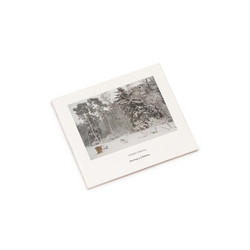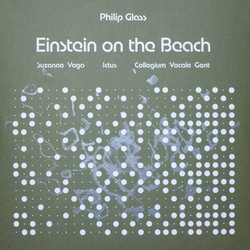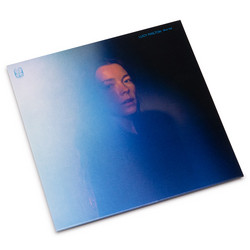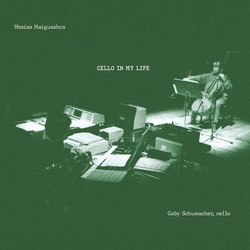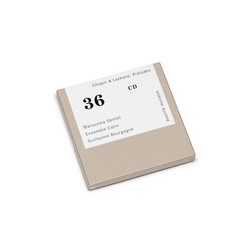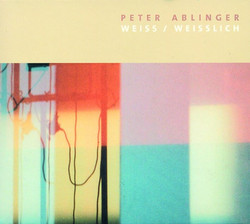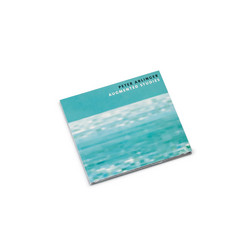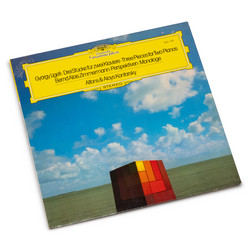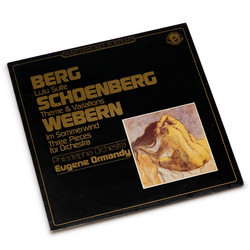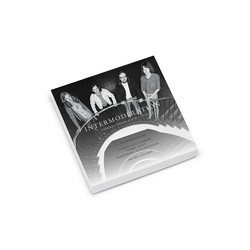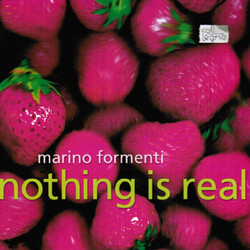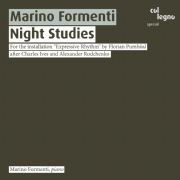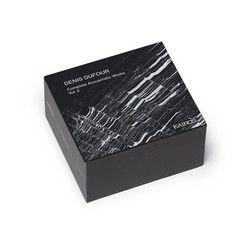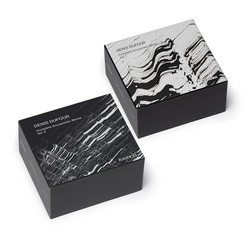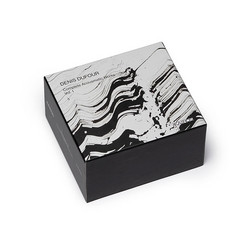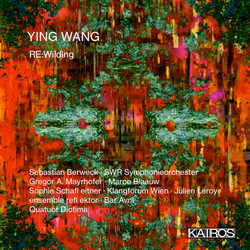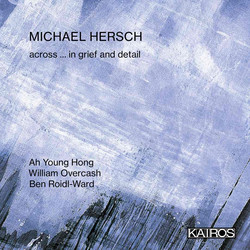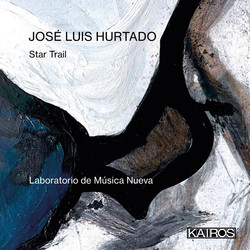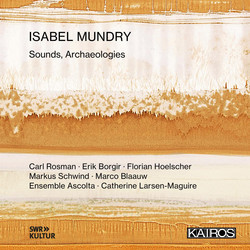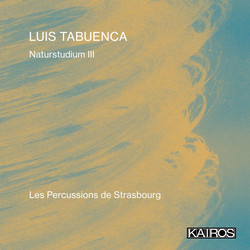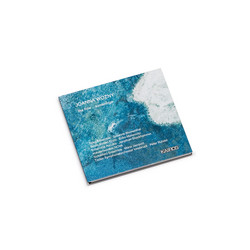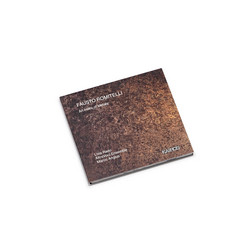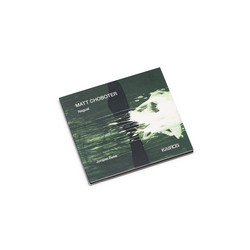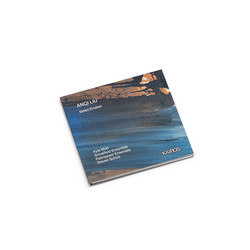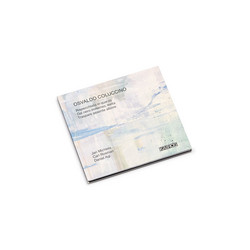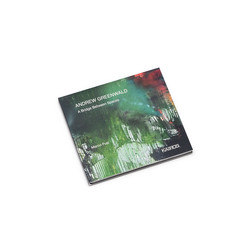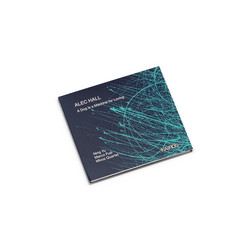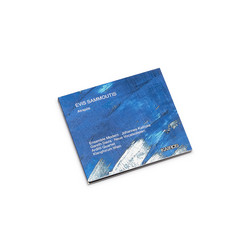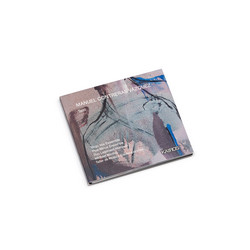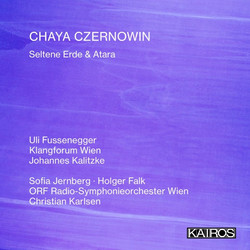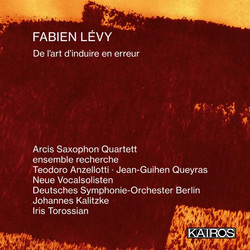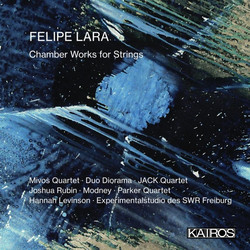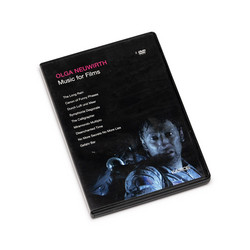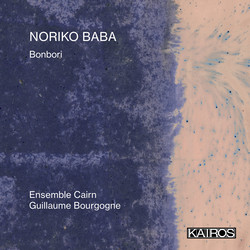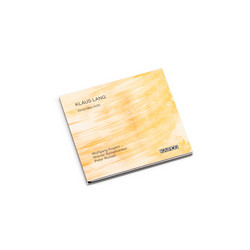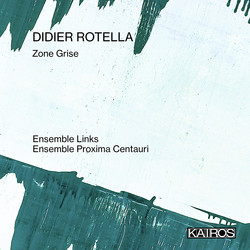** In process of stocking ** György Kurtág's and Marino Formenti's thinking about the course, state and future path of music history runs along similar lines. Formenti's 'Kurtág's Ghosts' enriches the experience from early polyphony to the present.
Perhaps György Kurtág will one day be remembered as one of the greatest composers of our time. Discovered late, the Hungarian has only been considered an essential representative of New Music since the 1980s. Only Luigi Nono, however, wrote such convincing funeral music after 1945. Kurtág's work is hermetic, manageable and at the same time magnificent in its touching, always sensitive power, which makes empathy immediately tangible. In many respects, Kurtág has nevertheless remained an outsider, despite all the popularity that has come his way. He founded no school and never taught composition. As a teacher, he was exclusively interested in chamber music and the analysis of other people's works. The style of his miniatures is in the tradition of the great Hungarian Academy, can be derived in its rigour from Bartók and in its radicalism is indebted to the Parisian reception of Webern (Messiaen, Boulez, Stockhausen). As the founder of immanent dedication composition, he has already had a decisive influence on numerous other composers and has found the appropriate expression for the 'damaged life' (Adorno) in the musical miniature. Kurtág's work is not a mirror and response to our zeitgeist, but to its wreckage and ruins in a long occidental cultural history.
Marino Formenti has now traced Kurtág's path in a two-part recording for Kairos. In his pianistic concerts with his wife Martha, György Kurtág had always emphasised the high, intertextual value of the 'programmes', which set his own material as a matter of course alongside works by Machaut, Bach, Schumann or Boulez. Formenti has designed a similar concept for his recording 'Kurtag's Ghosts'. The programme reads like the index of a music history: Machaut, Bach, Scarlatti, Haydn, Schubert, Bartók, Messiaen, Stockhausen to Ligeti are strung together like collages and interact.
Formenti has made a fascinating selection. Most of the pieces do not even exceed the minute limit, and so a sonic overall picture emerges that repeatedly draws attention to cross-temporal parallels in the nucleus of compositional thought. Similar to Kurtág before him, the Italian pianist has already prepared the field for cultural breaks, historical references, music-immanent lines of tradition or semantic universalisms in his selection. The main thesis has been known since Schönberg: 'I am conservative, I preserve progress'. But what is the progressive, the unique, the new in Kurtág? - It lies audibly in the musical semantics of a reflection on the history of his own culture - the great classical tradition, the key figure of Bach, early music, the Hungarian school (Liszt, Bartók, Kodaly, Ligeti) and the Darmstadt avant-garde, as the last historical bastion Kurtág still received. Kurtág's reaction to the history of New Music is thus fascinating in many respects. He does not compose further, does not differentiate the material or search for new possibilities of sound production, but rather becomes aware of an end to the state of the material. The consequence is a subtle commenting, interpreting and illuminating of the musical material - here in the emphatic sense not of the concrete, but already formed and shaped historical musical memory. György Kurtág composes as Giorgio Agamben philosophises. Giorgio's philosophical archaeology is equivalent to György's compositional approach to history. Both have an inherent aphoristic gesture of mourning.
Marino Formenti's thinking about the course, the state and the future path of music history runs along similar lines. This extraordinary, because rare, stroke of luck of the meeting of two such congenial artists should not be missed. Formenti's 'Kurtág's Ghosts' enriches the musical experience from early polyphony to the present.


